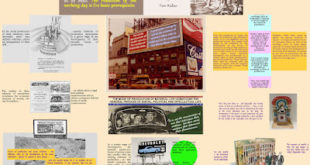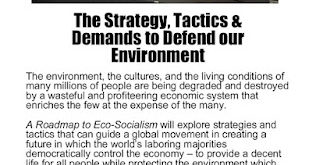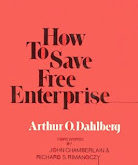Like Punxsutawney Phil, I’ve started to come out of my hole after last week’s trauma. I was angry at Everybody, including myself.[embedded content]Party politics of any sort will be a distant concern for a while. What is not is the burgeoning war in the ME. We should lean hard into support for an aid cut-off to Israel. Everything. Note that what’s in question here is not the material effect of the aid, but the political one inside Israel. We need to recognize the distinction between Judaism...
Read More »Politics After the Fascism Debate
By Max B. SawickyHere is a sample from my Substack.The key antagonists on Trump and fascism, the ones I have noticed, include Corey Robin, John Ganz, Timothy Snyder, Samuel Moyn, and Daniel Steinmetz-Jenkins. Except for Ganz, they are all credentialed professors at well-regarded universities. No disrespect for Ganz; I tend to agree with him the most. I have high regard for all of them.In another sense, however, the entire debate seems off. It is focused on relating, or distinguishing, Trump...
Read More »The Prodigal Son Returns
By Max B. SawickyHi EconoPeeps. I launched this cockamamie blog for my pals when I had to abandon my own and work for the Federal government (Government Accountability Office, not CIA). Then my webhost "1 and 1" (now Ionos) erased the entire blog, which I had been doing since about 2004. I was delinquent in a monthly payment and they failed to warn me.Now I'm retired but still writing. I have a substack to which I've been posting regularly. Subscriptions are free and there is no segregation...
Read More »The more the contradition develops: footnotes to “Marx’s Fetters: a remedial reading” — a pop-up book
Notebook VII, GrundrissePreface to A Contribution to the Critique of Political EconomyNotebook VII, GrundrisseCapital, volume 3
Read More »Three Fragments Rebooted: The Unfettering
Around three years ago I made a pop-up book titled Three Fragments on Machines, that contained a collection of quotes from the Grundrisse that illustrated some of the research I had been doing related to disposable time in Marx's theory. Last spring, I started work on another pop-up book showing the connection between the Grundrisse and Marx's more famous reference to forces of production, relations of production, and fetters from his Preface to A Contribution to the Critique of Political...
Read More »Basil Oberholzer’s Last Hour
Nassau SeniorIn Chapter 9 of Capital, "The Rate of Surplus Value," Marx included a satirical section 3, ridiculing Nassau Senior's dimwitted, unmistakably partisan argument that reducing the hours of work from 12 hours a day to 10 would destroy a factory's net profit. Another half hour of reduction would eliminate even the gross profit. Marx simply pointed out that the basis of profit, surplus value, was extracted from the labour process throughout the day and not entirely in the final hour...
Read More »Roadmap to Ecosocialism — September 10 — Sandwichman (Tom Walker) moderating
How To Save Free Enterprise
Who doesn't want to save free enterprise? In 1974 alone there were two books published with the title, How to Save Free Enterprise. One of them had the subtitle, "from BUREAUCRATS, AUTOCRATS, AND TECHNOCRATS." The other one, by Arthur O. Dahlberg, had no subtitle. Implicitly, then, "from ITSELF."1974 was the high water mark for How to Save Free Enterprise books. There were none published in any other year, although the idea of saving free enterprise had its heyday in the 1940s. The...
Read More »Self-Limitation as a Social Project
The following passage is from a 1993 New Left Review essay, "Political Ecology: Expertocracy versus Self-Limitation," by André Gorz. It is an argument for regenerating a norm of sufficiency as a political project. How much is enough and how can we build a popular consensus and movement around such a determination? Of particular interest to me, in the final paragraph Gorz mentions the "anonymous Ricardoite" along with John Maynard Keynes and Wassily Leontieff as examples of those who have...
Read More »Book proposal: Marx’s Fetters and the Realm of Freedom: a remedial reading — part 3
Marx revealed the dark secret of classical political economy: that the writers in that tradition assumed the ubiquity of a distinctive economic sphere that was, in fact, unique to and characteristic of capital. To them capitalism was eternal and earlier forms of society were simply incomplete in their striving toward the absolute. By breaking with that tradition, Marx was able to more completely grasp the dynamic of capital accumulation and crisis.Marx had a theory of crisis and of the...
Read More » EconoSpeak
EconoSpeak






